Resilience After Loss
What Farming Teaches Us About Starting Over
What happens when the farm gates close for the last time? Across the UK, more farmers are facing that question this year than ever before.
Over 6300 agriculture, forestry, and fishing businesses have shut down, many forced out by inheritance tax changes, rising costs, and a policy landscape that seems to shift with every season. Headlines warn that food security is at risk, and stories of dairy farmers considering quitting or upland farms being incentivised to stop production are now all too common. It is a landscape of uncertainty, and for many, of heartbreak.
But beneath these sobering statistics, there is another story, one of resilience, adaptation, and the quiet determination that so often defines farming life. Across the UK, farmers are finding new ways to survive and even thrive. Some have transformed their land into glamping sites, cafes, or pick your own businesses. Others have leaned into diversification, legal strategies, or banded together in local food networks. There are families like those featured in Country Living and on Landworkers’ Radio who are fighting to save or reinvent their farms, drawing strength from their communities and a deep love for the land.
For me, these numbers became real the day after most of our herd went to market. The farm, once alive with the familiar sounds and routines of daily care, felt suddenly hollow. We still had a few pigs left, but what stands out most in my memory is one sow who had given birth to a litter of piglets just the day before the wagon arrived. There was no way we could send her off with such young babies. She needed time to rest, to feed, to simply be a mother in peace.
The fields, though, told a different story. The telehandler and trailer had churned up the ground, leaving behind only mud and deep ruts where grass had once grown thick and green. I had never seen the land look so battered. It broke my heart to see a field that had once nourished our pigs reduced to such a sorry state, stripped of the growth and promise that had always given me hope.
And yet, in that emptiness, there was a strange sense of relief. I spent those last days soaking up every moment with that one sow and her babies, treasuring the simple, quiet routines, feeding, watching, just being present, right up until the day she went to her new home. Those moments reminded me that even in loss, there are small pockets of grace, and that sometimes, resilience is found in holding onto what you love for as long as you can.
Farmers wear so many hats. On any given day, I was the farmer, the social media manager, the accountant, the sales team, the butcher, the logistics coordinator, and more. For small farmers selling direct to the public, there is no off switch. Add in caring for young children, and the reality of living in a caravan, practically homeless at times, and it felt as though I was always juggling plates, never pausing to look after my own mind.
I pushed myself to stay positive, to keep going, to keep fighting. Do not give up. That was my mantra. But what I did not account for was the toll it was taking on my own mental health. Depression and anxiety crept in quietly, almost unnoticed, until one day it all came crashing down.
The day we received the application from the council to commit us for contempt of court for breaching the injunction order on our property, I was terrified. I was scrambling to find legal counsel, and the fear of imprisonment, of being separated from my children, was overwhelming. We had no savings left, and the business could not possibly cover the legal bills for two barristers and two solicitors to represent Matt and me in court.
That was when I reached out to the RABI. We had applied for financial grants before, but this time I was desperate for mental health support. Laura, who answered my call, was so kind and understanding. She offered me a grant for private counselling, and honestly, it was the lifeline I needed to keep steady in the run up to the High Court. With a clearer head, I managed to discover that we could get legal aid to cover our costs, since the case was both criminal and civil in nature.
If there is one thing I urge anyone in a similar situation to do, it is to ask for help. The weight we carry as farmers is immense. It presses on your chest, strangling you of air without you even realising it. But the relief I felt after that first call with Laura, after admitting I needed support, was a turning point. Sometimes the bravest thing you can do is reach out and say, I cannot do this alone. There is no shame in asking for help, and you are not alone in feeling overwhelmed.
Reading stories from all over the UK, I know I am not alone. Farmers are adapting, some by diversifying into hospitality or direct sales, others by joining networks like the Real Bread Campaign or Landworkers’ Alliance. There are families rebuilding after loss, individuals finding new meaning through regenerative practices, and communities rallying to support each other. The lessons are clear. Resilience is not just about bouncing back, but about growing through change, finding support, and sometimes, letting go.
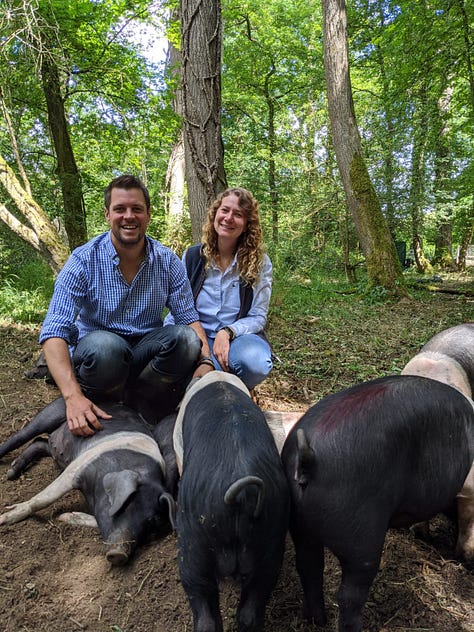
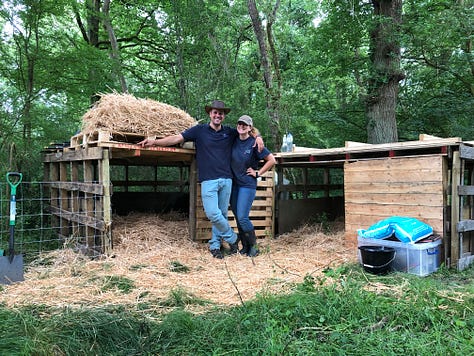
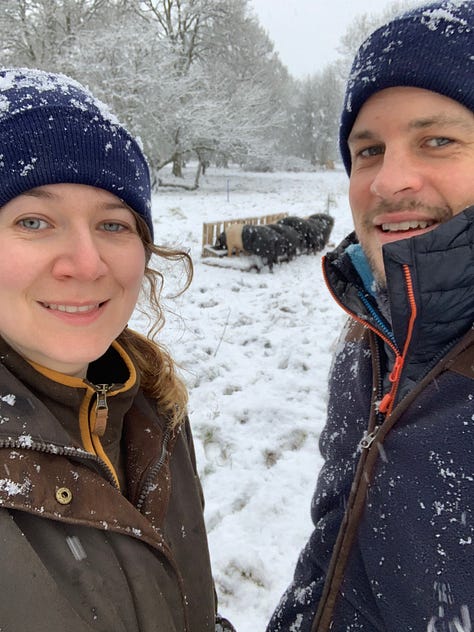
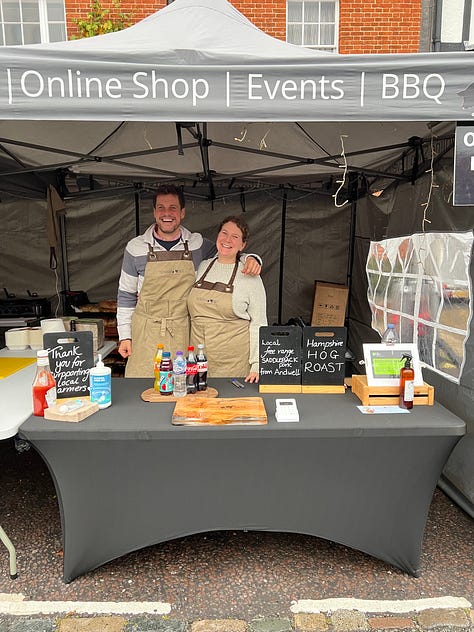
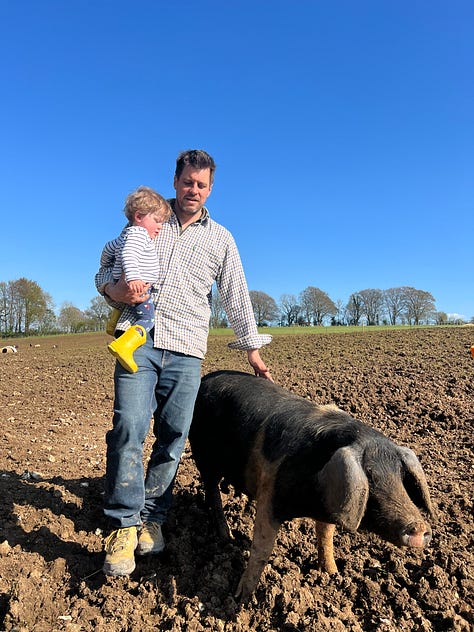
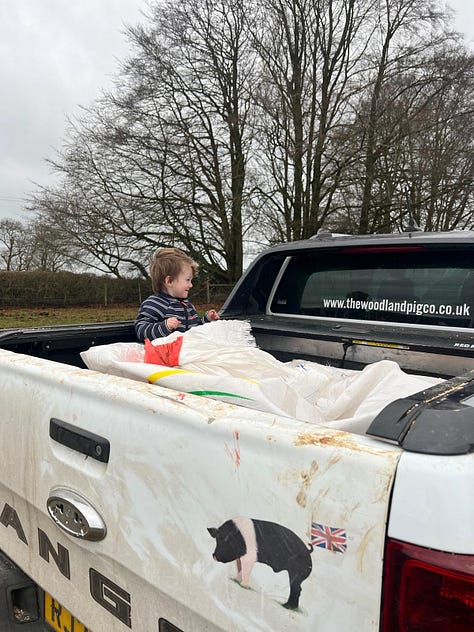
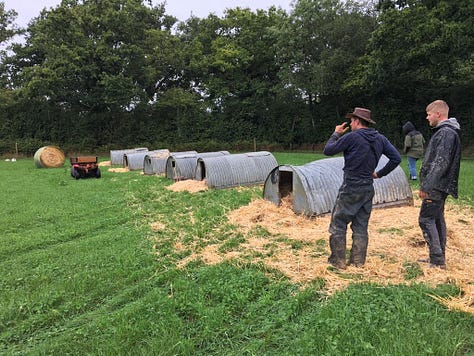
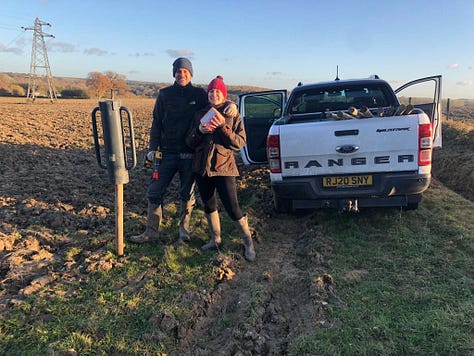
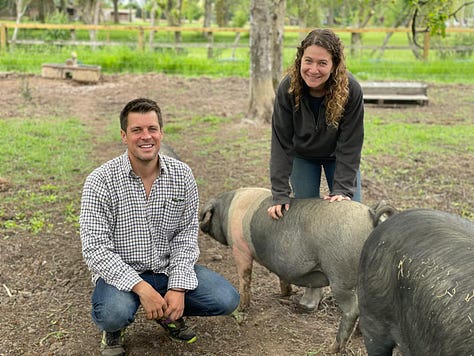
If you have faced a big change or loss in farming, I would truly love to hear your story. What helped you adapt, and what advice would you give to others? Share your experience in the comments or reply to this email. I hope to feature a collection of these stories in a future post so we can learn and grow together.
If you found this story meaningful, please consider subscribing for free to receive future posts. If you are already a subscriber and want to help sustain this work, becoming a paid subscriber directly supports honest, independent reporting on farming life and rural resilience. Every subscription helps keep these stories alive. Thank you for being part of this community.
If just 5% of my readers tipped £1/$1 this essay would pay for itself in terms of time spent working on it.



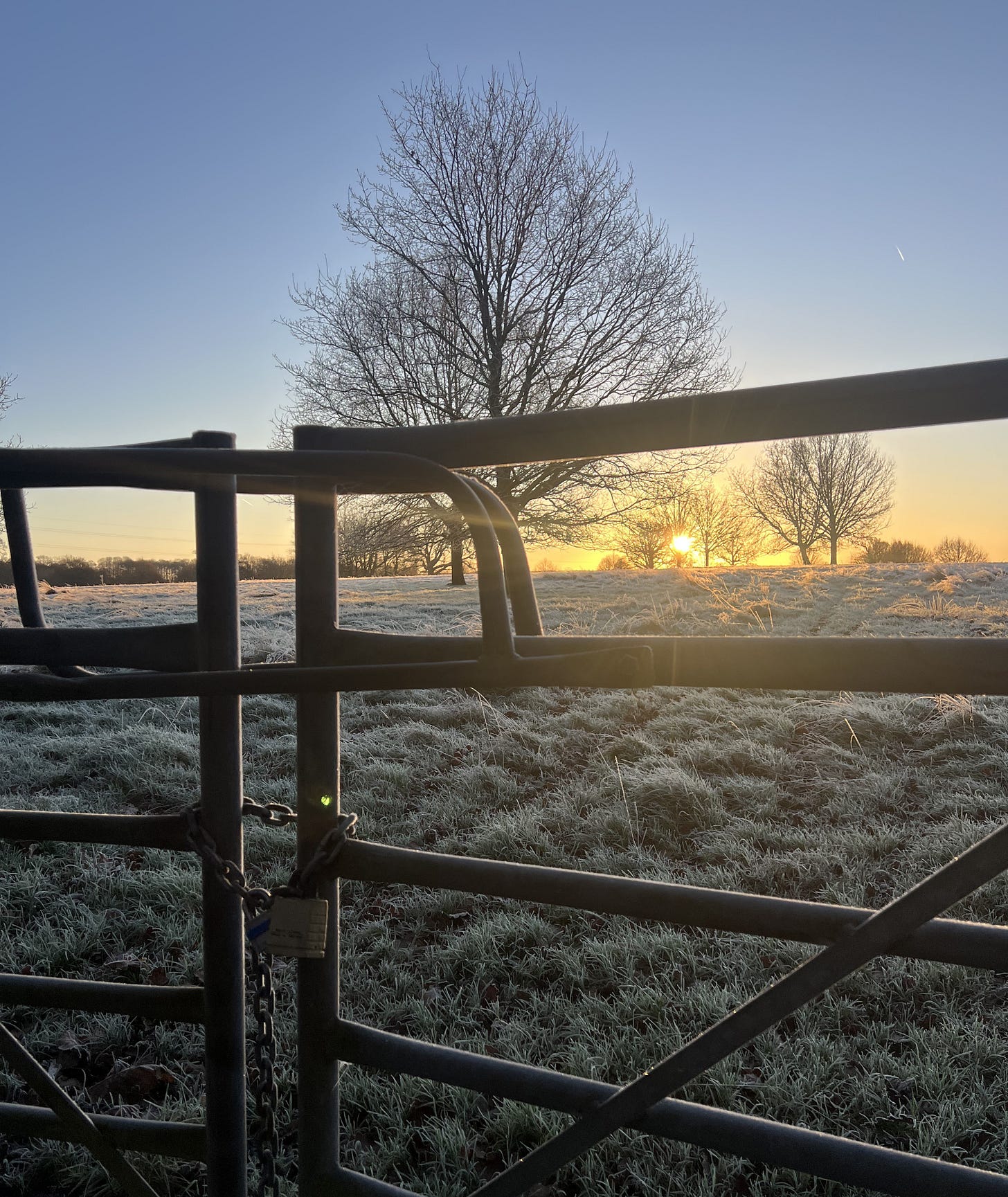
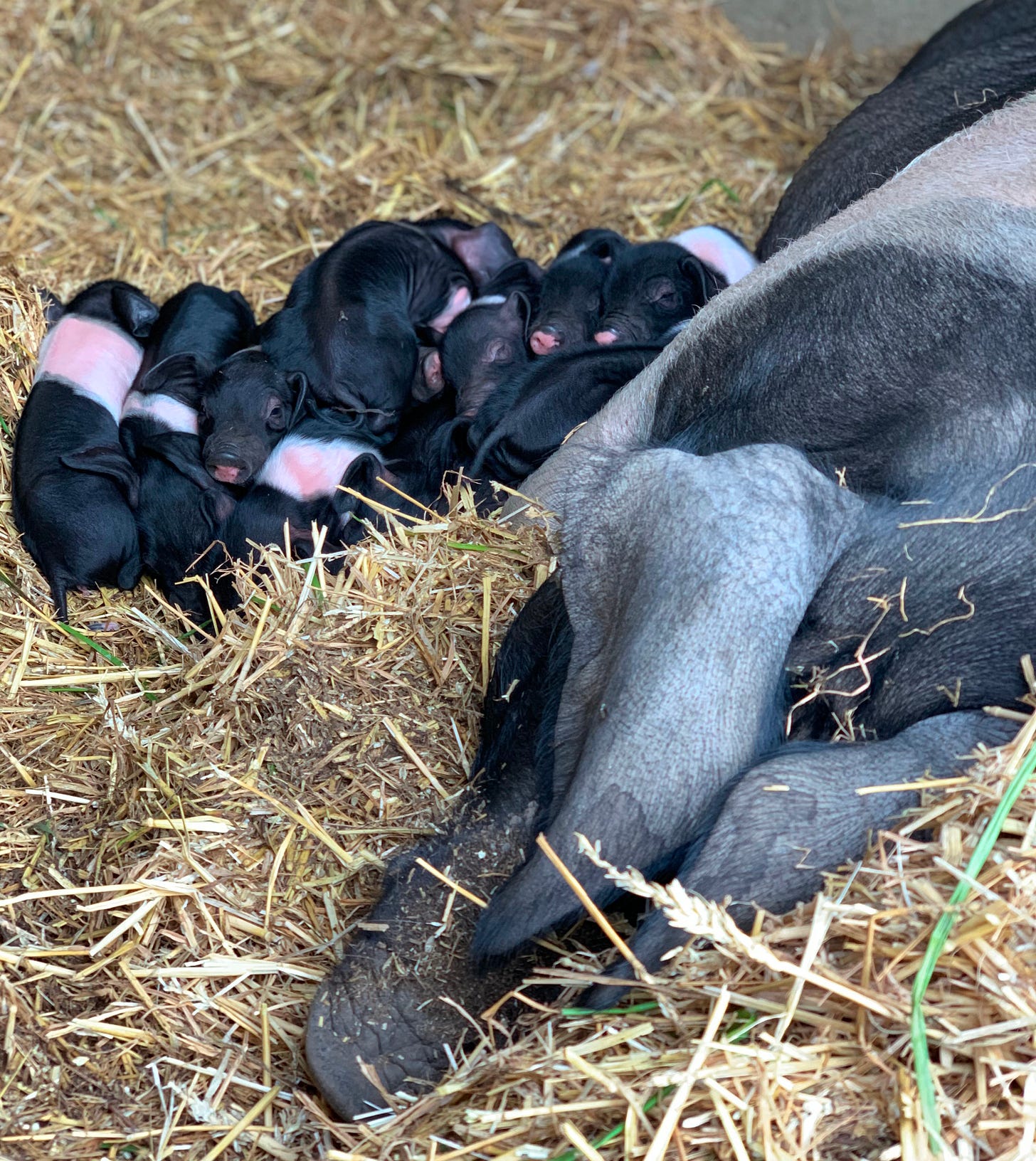
I'm going to be honest, and vulnerable, and say that we had 12 weeks of counselling apiece via RABI. It probably saved my life, and that is not an exaggeration.
When it cuts that close - call. Shout for help.
Now, it's in the rear view mirror, and I'm (relatively) calm about it. But I can't even begin to tell you how calm I wasn't.
Pick. Up. The. Phone.
Always.
Hi Helen. I have been trying to get in touch with you to see if you and Matt can cater our January event as usual. Please get in touch; we would love to give you more work.